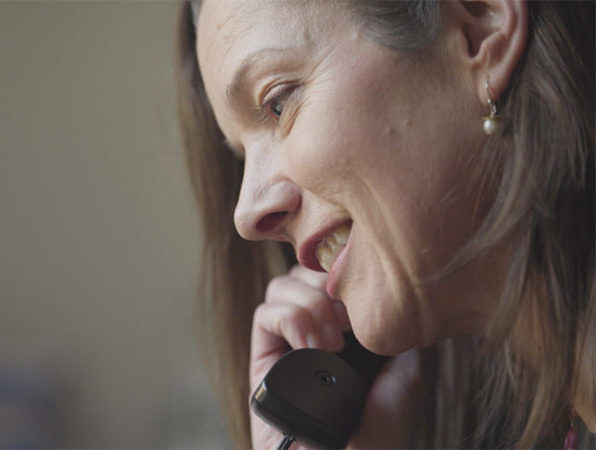Second opinions
You can ask for a second opinion about what your options are. This means a different doctor, possibly in a different hospital, will review your diagnosis and treatment options.
Ask your hospital doctor or GP to refer you for a second opinion, if you want one. You don’t have a legal right to this, but most doctors will help you get one. Don’t delay your treatment while you get a second opinion, as it can take several weeks. Keep in mind that the second team’s opinion may not be any different.
Second opinion for people getting rapidly worse
Under new rules being introduced from 2024, families can ask for a second opinion if their loved one is rapidly getting worse in hospital. You may hear this called Martha’s Rule. This is different from asking for a second opinion on your diagnosis or treatment options.


